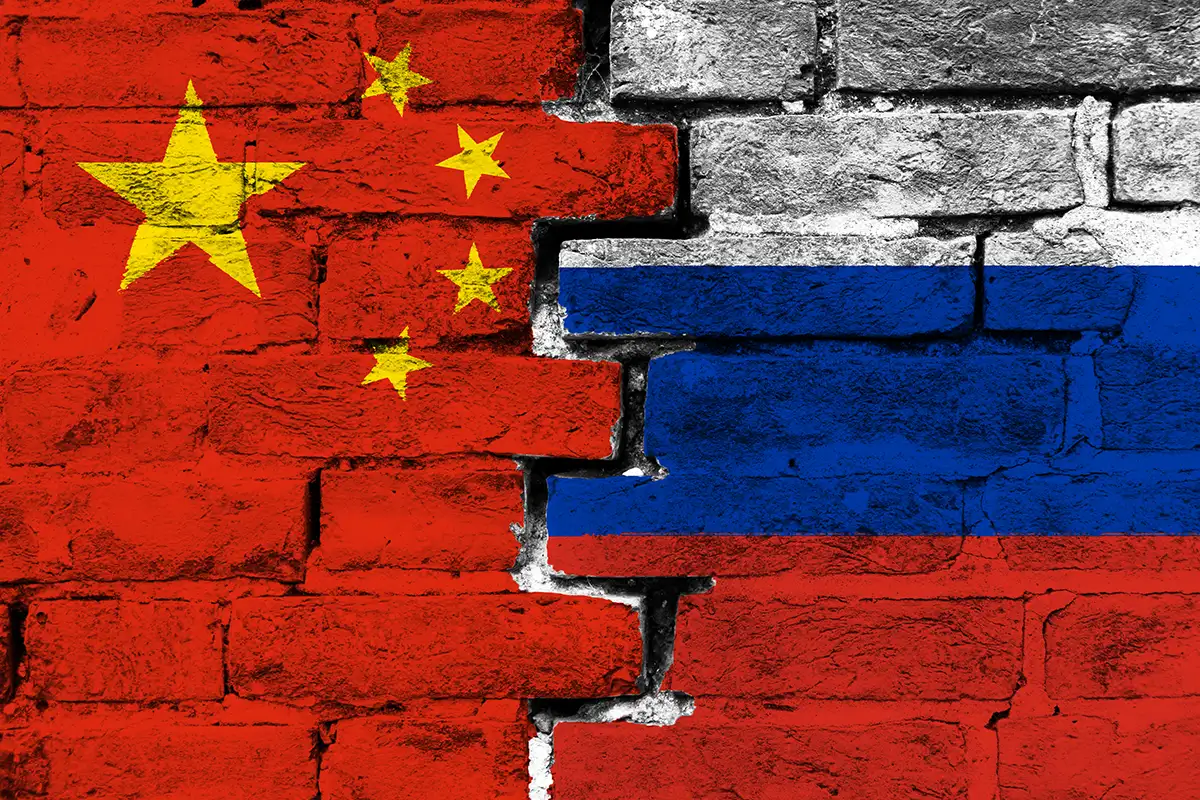A disputed election has recently plunged Samoa into a state of constitutional crisis. The outcome of this dispute may reshape the small Pacific island country’s relations with China, the United States and U.S. allies in the region.
During Samoa’s general election on April 9, the coalition led by Faatuatua i le Atua Samoa ua Tasi (FAST), a recently formed party that has been critical of Samoa’s relationship with China, won a razor-thin majority of seats in the Fono. However, the pro-Beijing Human Rights Protection Party (HRPP), which has held political power in Samoa for nearly four decades, refused to concede defeat.
HRPP’s denial of the election results came to a head on May 24, when FAST’s leader, Ms. Fiame Naomi Mata’afa, was locked out of Parliament on the day she was to be inaugurated as prime minister. Ms. Mata’afa was sworn in later that day in a makeshift ceremony in a tent outside the Fono, creating a situation in which two political leaders concurrently claim to be the rightful prime minister of Samoa.
A confirmed FAST electoral victory is likely to alter Samoa’s policy toward foreign powers, particularly China. China’s presence and influence over Samoa was a major campaign issue during the 2021 general election, amid concerns about Beijing’s role as Apia’s number one creditor (China holds over 40 percent of Samoa’s external debt).
Of note, just days before she found herself locked out of Parliament, Ms. Mata’afa pledged to cancel a $100 million China-backed port in Samoa’s Vaiusu Bay, calling the proposed project an excessive venture for the small island country. The prime minister–elect’s characterization of the Vaiusu project stands in sharp contrast to that of HRRP leader, Mr. Tuilaepa, who claimed that the port would bring Samoa badly needed jobs, trade and tourism.
The proposed port in Vaiusu is not the only project on the table between Beijing and Apia. Chinese officials have proposed a range of other initiatives to expand bilateral cooperation. A week before Samoa’s general election, China’s ambassador to Samoa called for expanding bilateral cooperation in ways that would advance Mr. Tuilaepa’s “Samoa 2040” strategy, a government initiative aimed at boosting economic growth. The Chinese ambassador argued that areas ripe for cooperation included tourism as well as information and communications technology—both areas that could expand China’s physical and digital footprint in the island country.
Unease over Samoa’s relations with China is not limited to Ms. Mata’afa’s party. In recent years, the U.S. has also publicly expressed concerns about China’s presence and influence in Samoa and the greater Pacific island region, citing Chinese activities such as illegal fishing, the construction of potentially dual-use infrastructure and the unsustainable use of debt financing for infrastructure projects.
A range of recent U.S. government publications signal its intention to reinvigorate relations with Pacific island countries. The Strategic Framework for the Indo-Pacific, partially declassified in January 2021, states the U.S. objective to “ensure the Pacific Islands remain aligned with the United States.” Strategic documents released in 2019 by the Department of State and Department of Defense, respectively, articulate the desire to protect the sovereignty of Pacific island nations from coercion and corruption and to build capacity and resilience in the field of maritime security. Recent strategic guidance from the Biden Administration also reiterates the U.S. intention to “reinforce our partnership with Pacific Island states.”
The U.S. Coast Guard (USCG) has been at the forefront of American efforts to strengthen relations with Samoa by enhancing the country’s ability to monitor and patrol its expansive maritime territory. In 2019, for example, the USCG conducted Operation Aiga in Samoa and American Samoa, during which Samoan law enforcement personnel embarked on a USCG cutter to patrol Samoa’s exclusive economic zone and enforce Samoan sovereignty. USCG Commandant Adm. Schultz called the operation an optimal means for the USCG to “exert influence” in the Pacific at the partner nation level.
While there are various signs of U.S.-China competition in Samoa and other Pacific island countries, it would be a mistake to characterize Samoa’s foreign policy as a simple balancing act between Washington and Beijing. Several U.S. allies—including Australia, New Zealand and Japan—play important roles in Samoa’s security and economic development.
For one, both Australia and New Zealand participated in Operation Aiga alongside the U.S. in 2019. The operation was one of several similar activities that the three countries, along with France, conducted under the Pacific Quadrilateral Defense Coordination Group in support of Pacific island countries.
Japan has provided aid for various projects in Samoa, including the recently completed expansion at the Port of Apia, located a short distance from China’s proposed project in Vaiusu. The resident advisor of the Japan International Cooperation Agency called the Japanese government’s contributions to Samoa “immense,” citing other assistance, such as the construction of a university and the provision of experts for human resources development.
Regardless of which Samoan party’s leader establishes undisputed control over the island nation, neither FAST nor HRRP is likely to go “all in” with the U.S., China, or any other country. Both parties’ leaders will probably continue to maximize benefits to Samoa through pragmatic balancing among foreign powers. Although her party has been critical of Samoa’s past dealings with Beijing, after the recent general election, Ms. Mata’afa, said she would seek to maintain good relations with both China and the U.S.
The U.S. and its allies, while remaining vigilant of Beijing’s relations with Apia, should continue to promote security and economic cooperation with Samoa. Related initiatives could complement broader efforts to build Pacific island nations’ capacity to resist Chinese coercion, corruption, or disinformation. For example, the U.S. and like-minded countries could share information and identify opportunities to step in as alternate lenders for China-backed infrastructure projects. At the same time, the U.S. and its allies should not discount the potential for cooperation with China in areas of mutual interest—not least of which is climate change, an issue that will be particularly consequential to island nations in the years ahead.
Brian Waidelich is a Research Scientist in CNA’s Indo-Pacific Security Affairs Program. His research focuses on issues related to great power competition and Indo-Pacific maritime security.
Benjamin DeThomas is a Research Scientist in CNA's Indo-Pacific Security Affairs Program, where he works on issues related to China’s overseas influence and economic statecraft.


